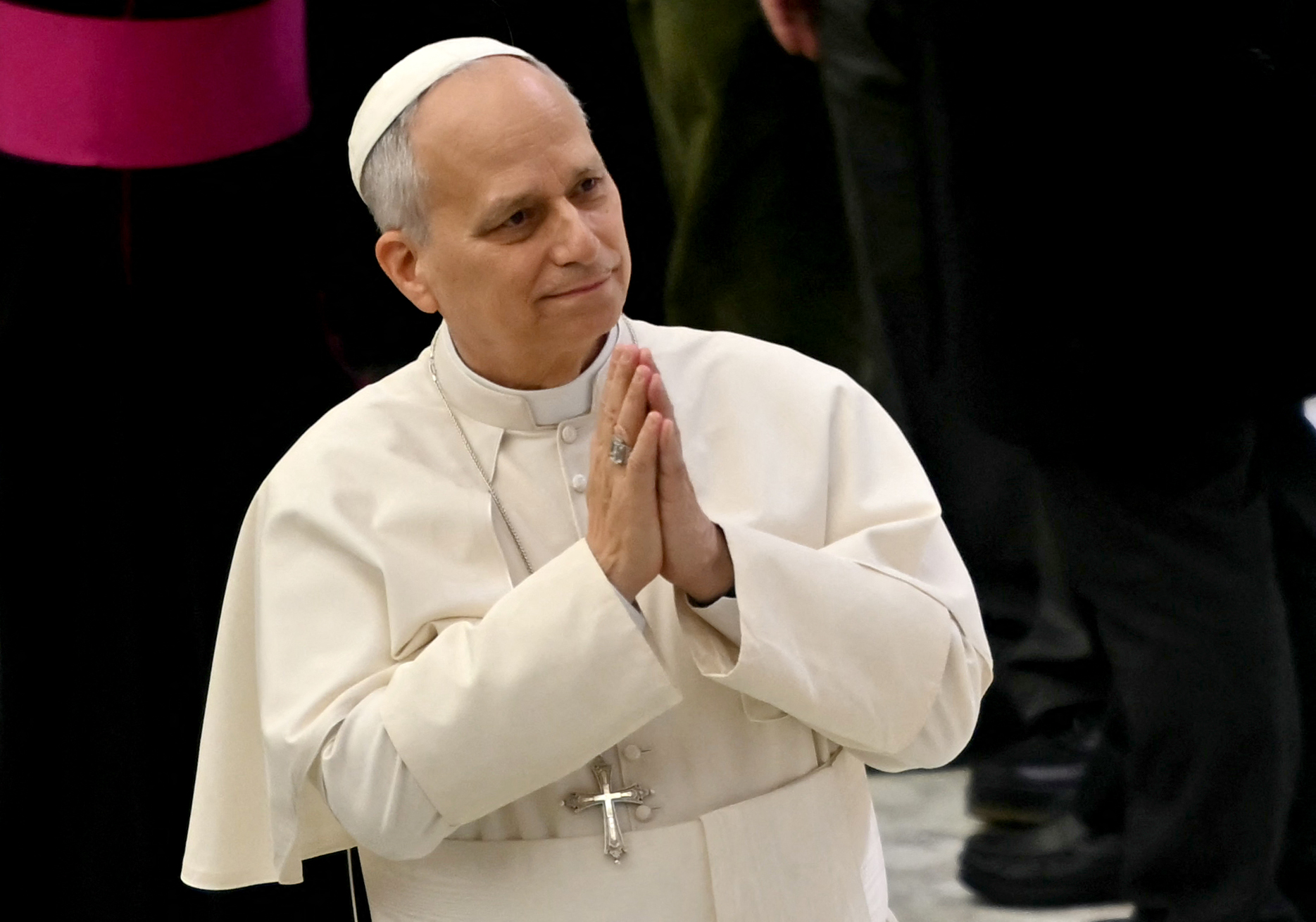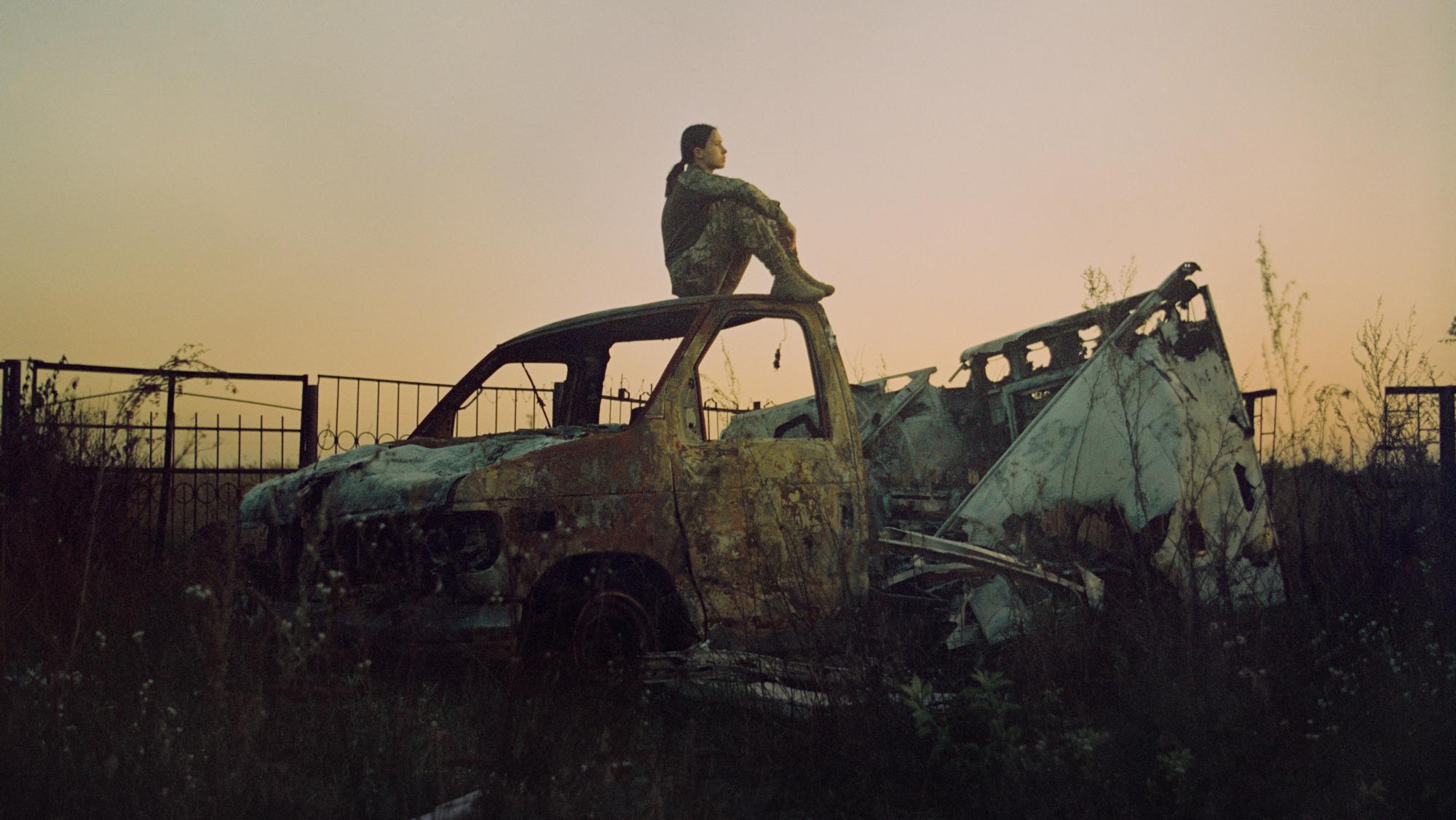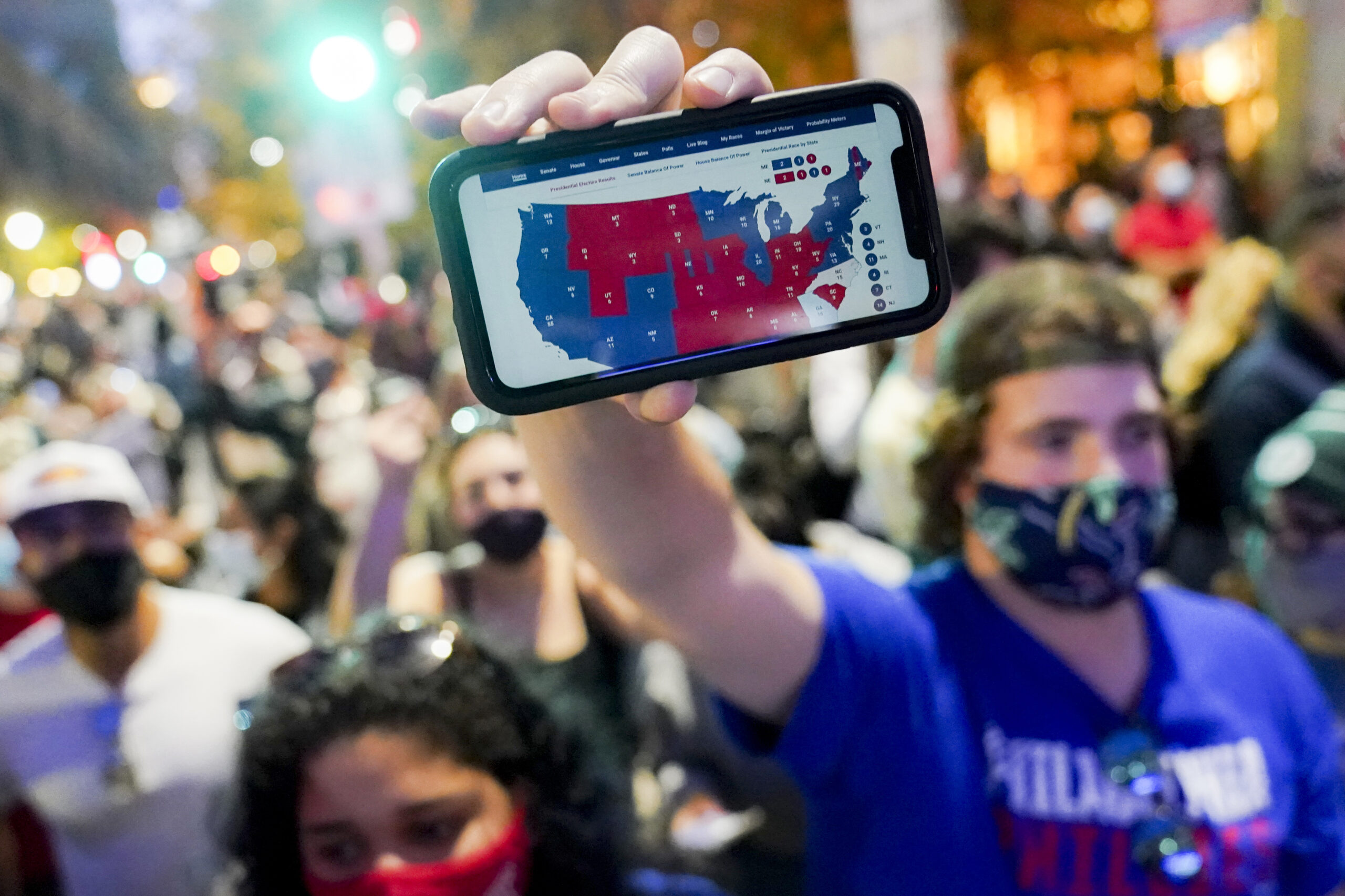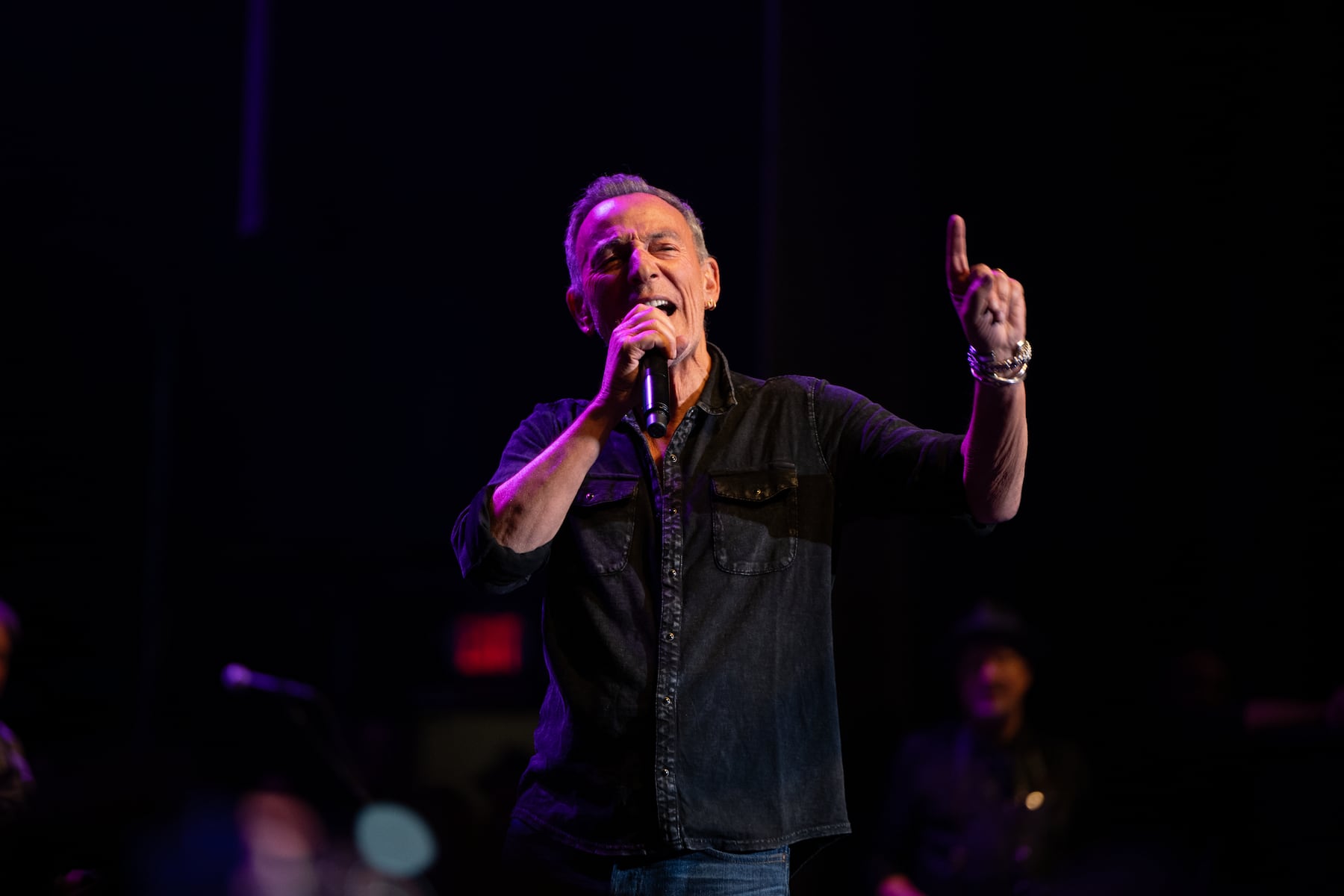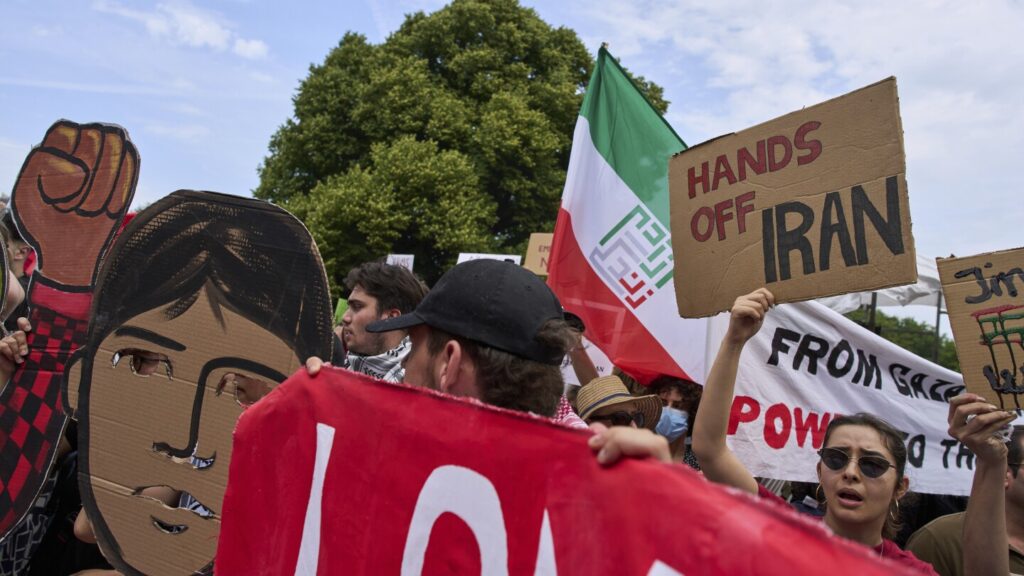
THE HAGUE, Netherlands — In a powerful display of dissent, hundreds gathered in The Hague on Sunday to protest against NATO, military spending, and the looming threat of conflict with Iran. This demonstration comes just days before the city hosts a pivotal summit of the alliance, where discussions are expected to focus on increasing defense budgets among member nations.
Belgian politician Jos d’Haese addressed the crowd at a park near the summit venue, urging, “Let’s invest in peace and sustainable energy.” The protest, initially organized to oppose NATO and the ongoing conflict in Gaza, saw the participation of Iranian nationals holding banners that read “No Iran War.” This follows recent U.S. military actions against three Iranian nuclear sites, escalating tensions in the region.
Among the demonstrators was Hossein Hamadani, a 74-year-old Iranian resident of the Netherlands, who voiced his concerns: “We are opposed to war. People want to live a peaceful life. Look at the environment. Things are not good. So why do we spend money on war?”
NATO Summit Amid Rising Tensions
The Netherlands is set to host the annual meeting of the 32-nation alliance starting Tuesday, with leaders scheduled to convene on Wednesday. A central topic on the agenda is the contentious issue of defense spending, a point of pressure from U.S. President Donald Trump, who has called for increased financial contributions from NATO allies.
Last week, the negotiations appeared to be nearing a resolution until Spain’s Prime Minister Pedro Sánchez expressed concerns. In a letter to NATO Secretary General Mark Rutte, Sánchez argued that committing Madrid to allocate 5% of its gross domestic product (GDP) to defense would be “unreasonable” and “counterproductive.”
Defense Spending and Global Security
Since the full-scale invasion of Ukraine by Russian President Vladimir Putin over three years ago, NATO allies have been under pressure to bolster their defense budgets. However, nearly a third of member nations still fall short of the alliance’s current target of spending at least 2% of their GDP on defense.
The summit’s significance is underscored by the extensive security measures in place, labeled “Orange Shield.” This operation represents the largest security effort ever undertaken in the Netherlands, involving thousands of police and military personnel, drones, no-fly zones, and cybersecurity experts.
Historical Context and Future Implications
The debate over defense spending is not new. Historically, NATO has grappled with balancing the defense needs of its members against economic constraints. The current discussions are reminiscent of past tensions during the Cold War, when defense budgets were a constant point of negotiation among allies.
Experts suggest that the outcome of this summit could have far-reaching implications for global security and NATO’s future cohesion. According to defense analyst Dr. Emily Thompson, “The decisions made at this summit will likely set the tone for NATO’s strategic direction in the coming years, particularly in how it addresses emerging threats and maintains unity among its members.”
“The decisions made at this summit will likely set the tone for NATO’s strategic direction in the coming years, particularly in how it addresses emerging threats and maintains unity among its members.” — Dr. Emily Thompson, Defense Analyst
As the summit approaches, all eyes are on The Hague. The outcomes of these discussions could redefine the alliance’s approach to defense and diplomacy, impacting not only the member states but also the broader international community.
Meanwhile, the protests in The Hague serve as a reminder of the public’s growing demand for peace and sustainable development over military escalation. As world leaders gather, the voices of those advocating for a more peaceful future echo through the streets, challenging the status quo and urging a reevaluation of priorities.
The developments in The Hague are set to unfold in the coming days, with the potential to shape the geopolitical landscape significantly. Observers and citizens alike await the results with anticipation, hopeful for resolutions that prioritize peace and stability.
